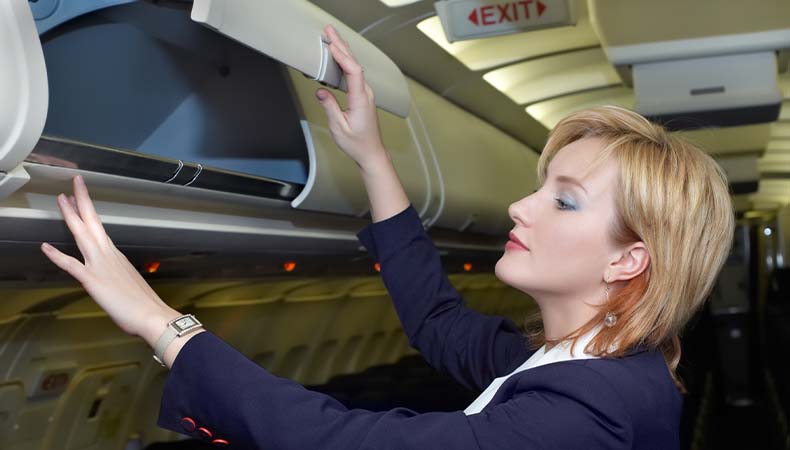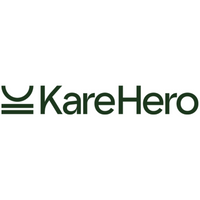British Airways moves to support its employee caregivers
When Sydney Samuels first started piecing together the scope of British Airways’ new carers support initiative, she didn't expect to be drawn so deeply into a world that most employers – and most societies – still leave quietly in the shadows.
"I’m not a parent. I’m not a carer," said Samuels, the airline’s inclusion and diversity manager, during a webinar hosted by KareHero, BA’s new partner in carer support.
“But when you scratch beneath the surface, you see how diametrically opposed parenting and caring can be. Most people I know have made a decision to become a parent, whereas with lots of carers, it's not something they planned for or necessarily wanted.
“But it’s a responsibility that they now have, that has a significant impact on their life and is often hidden.”
Unpaid and often unprepared
In the UK today, more adults care for ageing family members, sick spouses, or vulnerable siblings than for children.
More than seven million people are waiting for hospital treatment and three million more are stuck on long-term sick leave.
Behind each is a carer – unpaid, largely unacknowledged, often unprepared.
British Airways employs nearly 37,000 people, 80% of whom spend most of their careers not behind desks but in the air, in airports, or on the ground keeping fleets moving.
Its workforce is diverse – representing cultures where family caregiving is a given, not a choice.
Until recently, caregiving at work was often invisible.
Flexible working and parental leave policies were the standard tools offered, but they didn’t address the full complexity of modern care.
BA recognised that it needed to go deeper.
"When you’re caring for someone other than a child, people assume you must be looking after your mum or dad, who are in their 70s or 90s,” said Samuels.
“But more and more people are caring for their siblings or a spouse with Parkinson’s or multiple sclerosis or early onset dementia.
“The definition of caring has reached across all ages now."
Building the business case – and the human case
When Samuels began building internal momentum for carer support, she started – perhaps unusually – with research, empathy interviews, and hard data.
“If you don't know how many carers you have within your company, it's going to be quite hard to say why this is something your organisation should invest in,” she said.
Samuels discovered that 10% of BA’s workforce had already declared that they had adult caregiving responsibilities.
“I was shocked,” she said. “And this is just those who have shared their data, so you can assume it’s significantly more than that in reality.”
Absenteeism linked to caring responsibilities was conservatively estimated to cost BA £10 million to £12 million a year.
Women – especially mid-career women – are 4x more likely to leave or go part-time when faced with caregiving needs.
Ethnic minority staff are disproportionately affected.
“People love working for BA,” said Sydney. “But it’s nice to be able to feel like your company cares about you as much as you care about putting in the effort to do the best job you can. It's how relationships should work.”
Not just at times of crisis, but every day
KareHero’s offering resonated deeply with BA’s ambitions.
“We wanted to be able to alleviate that pressure on a day-to-day basis – the isolation and the emotional side of it as well,” said Samuels.
“When people are happy and supported, and their loved ones are safe, they can lean into work and get stuff done.”
Unlocking funding
BA’s new caregiver initiative formally launches this month.
KareHero said it expects to be able to unlock nearly £10 million in national care funding on behalf of BA employees – funding that many carers would never have known they were entitled to – and save 100,000 hours.
“We're investing in this to be able to support and help our colleagues,” said Samuels. “Trust within your colleague population is essential, and people know that BA has got their family covered.”
Supplied by REBA Associate Member, KareHero
The #1 adult caregiving support service. Helping employees understand, find and fund their care journey.








